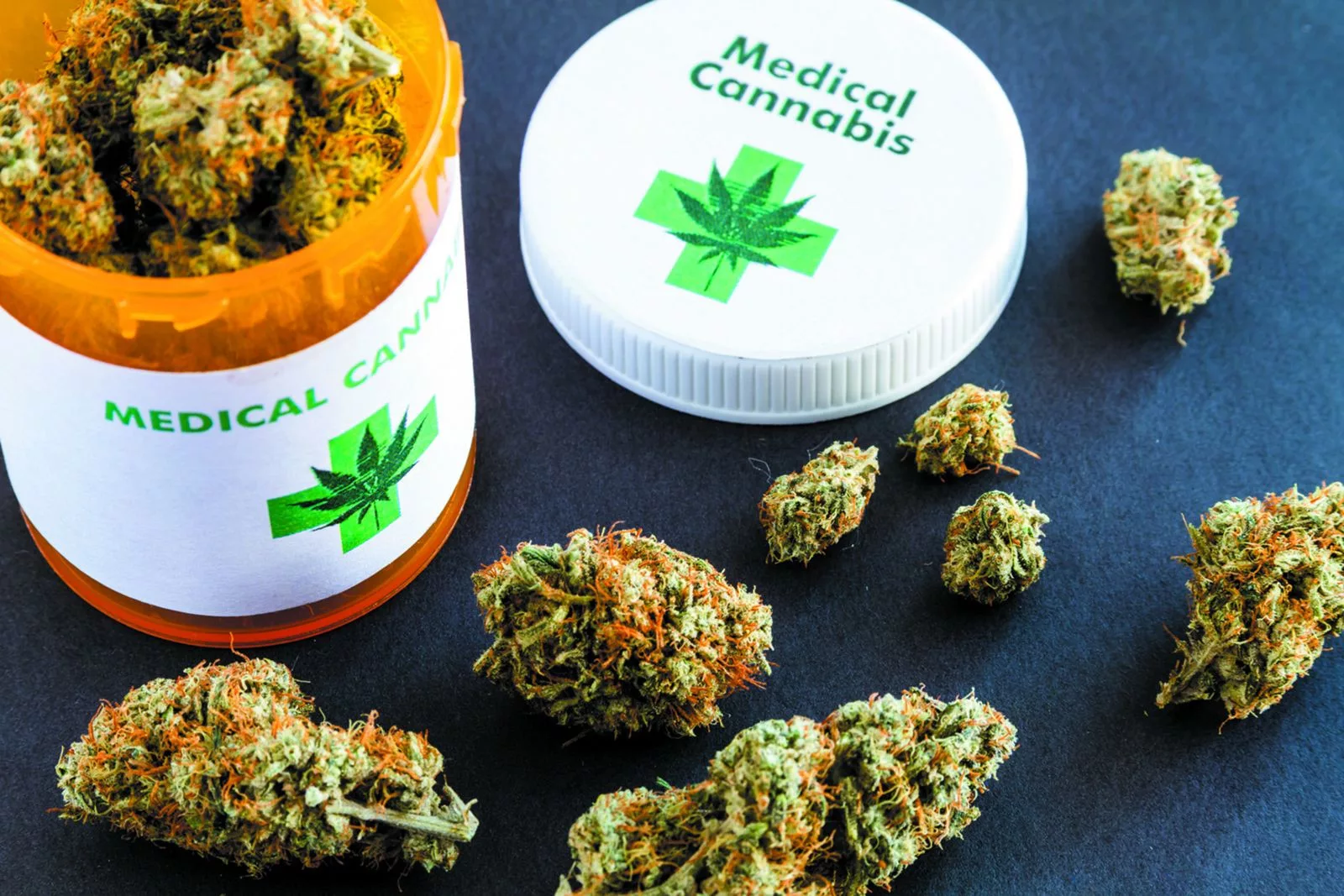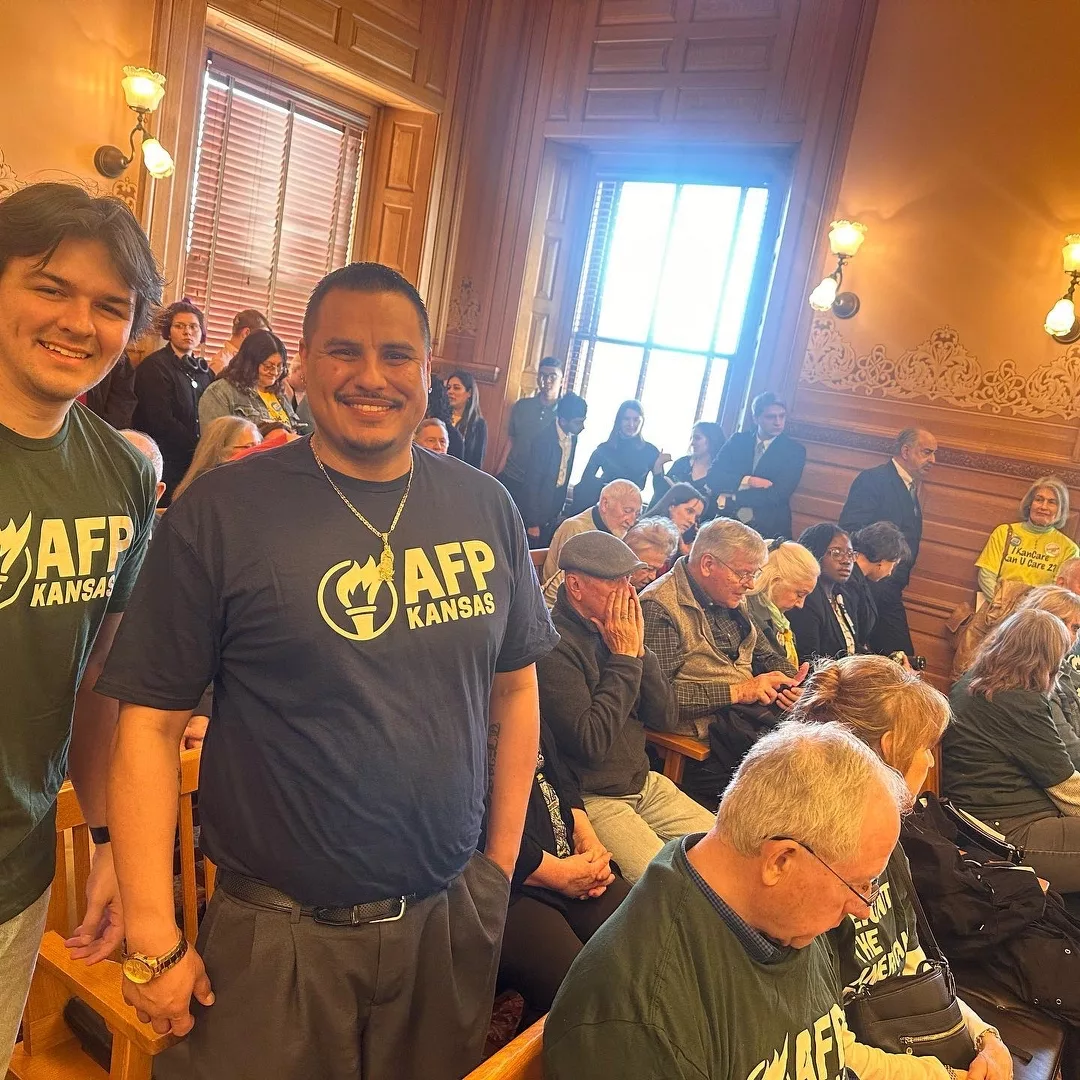TOPEKA – While advocates make a final push late in the 2024 Kansas legislative session for action on the legalization of medical marijuana, the option continues to be shadowed by concerning issues revolving not just around health impacts but also social and law enforcement repercussions in states which have previously approved some form of legalization.
A draft bill introduced in the Senate Federal and State Affairs Committee last week would set up a pilot medical cannabis program in the state (a draft bill is a bill which has not yet been officially read into the legislature, and as yet is not assigned a number and has no formal standing) and mandate distribution of medical cannabis through licensed pharmacies, sidestepping dispensary distribution which has been problematic in many other states that have approved similar measures. But like its predecessors, that bill is likely to struggle for favor in a Legislative venue attuned to the problems legalized pot – even medicinal – has caused in the rest of the country.
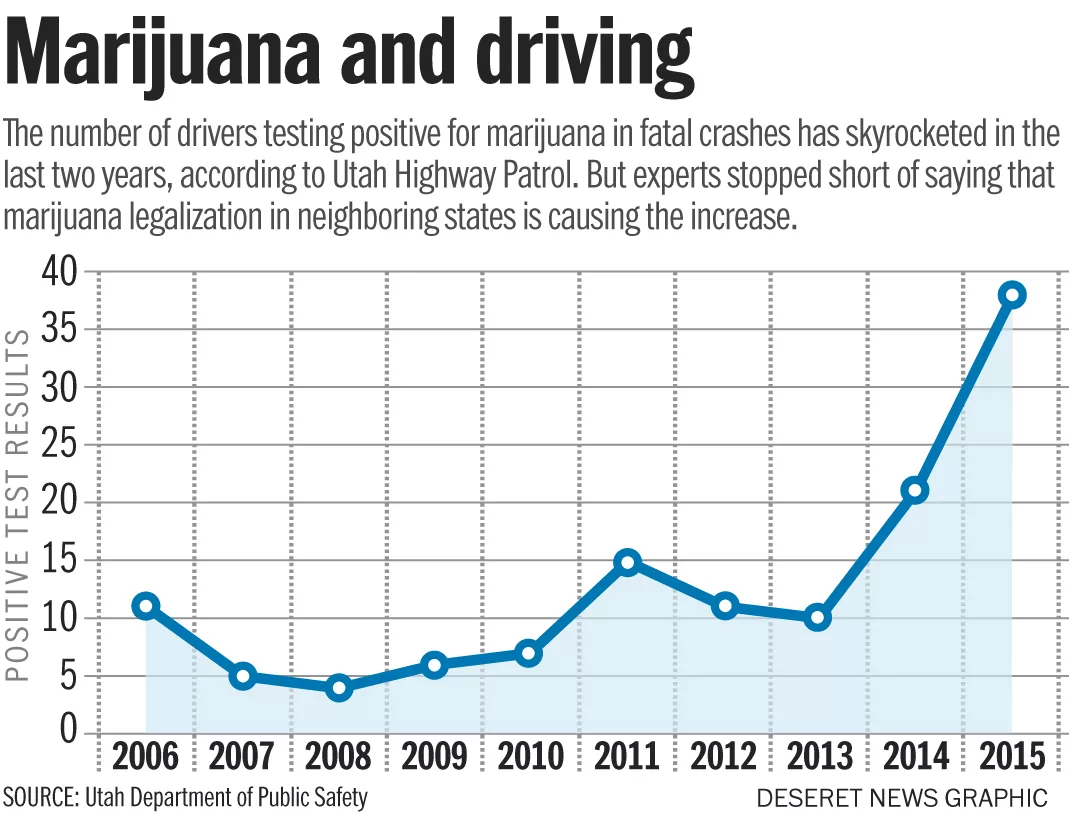
The measure is a follow-up to a Senate bill heard in the same committee last year but which received no floor action from Senate leadership. Senate President Ty Masterson has expressed his disdain for the idea of medical marijuana in Kansas, and the bill received no floor debate in the last session. The Kansas House passed a medical marijuana bill in 2021, but no action was taken to the Senate.
In a statement released to state media, Sam Jones, Chief Operating Officer of Kansas Natural remedies, a Wichita-based indoor hemp producer which testified in favor of past medical marijuana bills in the state, said the new bill was written specifically to address legislators’ previous concerns as well as criminal and other problems arising in other states. Jones said the bill limits forms of consumption and prohibits gummies, smoking or vaping. Medically prescribed products under this program, he said, are limited to tinctures- concentrated droplets taken orally – pills/tablets, flower, ointments, and patches.
“One key to eliminating the issues that plagued Oklahoma was to ensure that licensees are sophisticated operators capable of complying with regulations,” Jones said in the statement, “and implementing a program that requires a close relationship between regulators and operators. This professional and clinical approach ensures that Kansas implements a safe medical cannabis program that avoids the issues plaguing other states’ medical cannabis programs.
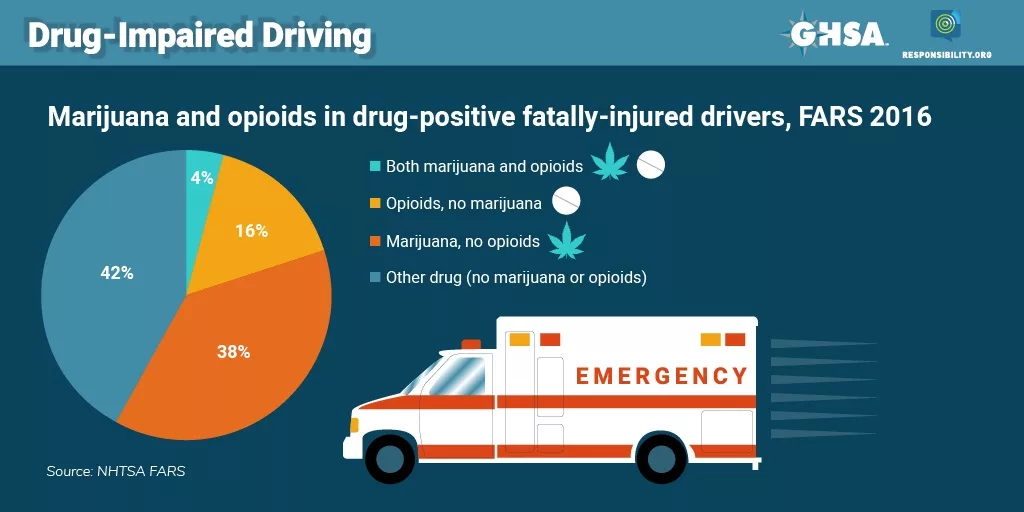
Those problems, for either medical or recreational authorizations, have been extensive over the nearly three decade history of legalized cannabis in the U.S.
California, the first state to adopt medical cannabis, has observed the greatest increases in related crime and increased drug use since its legalization in 1996. To avoid taxation, promote local business, and generate greater profits, owners of dispensaries that offer medical marijuana products participate in illicit trade that law enforcement says directly feeds foreign cartels harvesting weed in the northern part of the state. These farms operate under harsh conditions and are documented flashpoints of human trafficking and other violent crime, California and federal officials say.
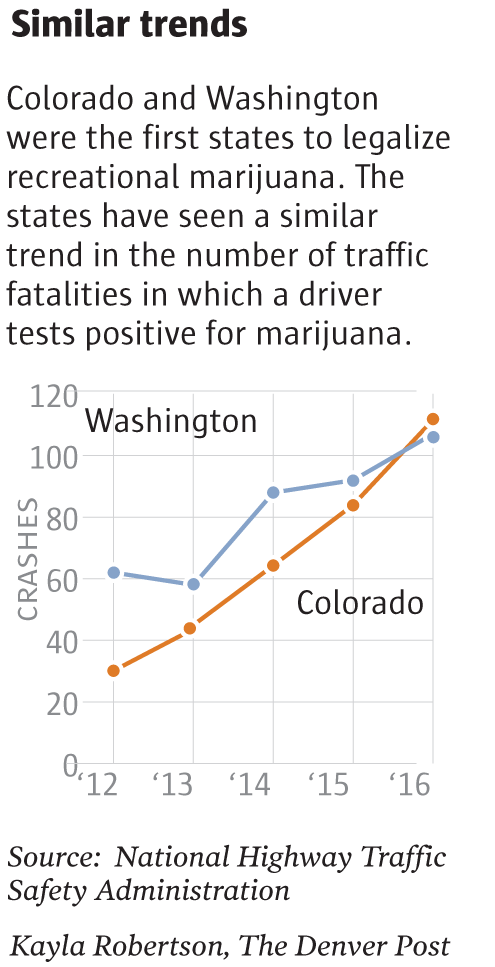
California is not the only state whose plan for relief has backfired. In Michigan, which legalized medical marijuana in 2008, the high cost of medical cannabis as well as barriers to implementing new regulations and maintaining proper licenses for dispensaries has reduced medical sales while inflating recreational sales substantially, according to the state’s Cannabis Regulatory Agency. Smoking cannabis recreationally can reduce cognitive function and coordination, suppress immune responses, impair cardiovascular activity, and increase the risk of heart attack and stroke.
Medical marijuana has empowered crime in states where, like Kansas, recreational cannabis is still outlawed. Oklahoma Bureau of Narcotics (OBN) director Donnie Anderson stated in January that “since 2021, OBN has shut down more than 3,000 marijuana grows, arrested over 200 individuals, and seized nearly 800,000 pounds of marijuana as part of criminal investigations” of license fraud and black market gang activity.
In November 2022 a Chinese national gunned down four other fellow Chinese immigrants at an illegal grow facility in Kingfisher County, Okla. Nationwide, law officers say Chinese organized crime has come to dominate the illicit marijuana trade, serving wider demand generated by legalization efforts for both medical and recreational pot use.
Despite its appeal, medical marijuana may not be as medicinally beneficial as its supporters maintain. Research shows that marijuana is in fact an addictive substance that particularly impacts fetuses, adolescents, and young adults. According to the Centers for Disease Control, studies on the therapeutic benefits of medical marijuana including chronic pain relief are widely accepted but generally scientifically inconclusive.
In 2022, a Massachusetts General Hospital study revealed that medical cannabis failed to improve anxiety and depression and put users at risk of developing cannabis use disorder. Medical users were also twice as likely to develop addiction, according to the study.

Ursula Billings
Ursula Billings is a freelance writer for The Kansas Informer. She will graduate in May with a degree in Ag Business from Fort Hays State University and begin courses as a first-year law student at University of Kansas School of Law in August 2024.

